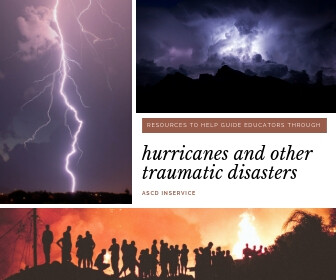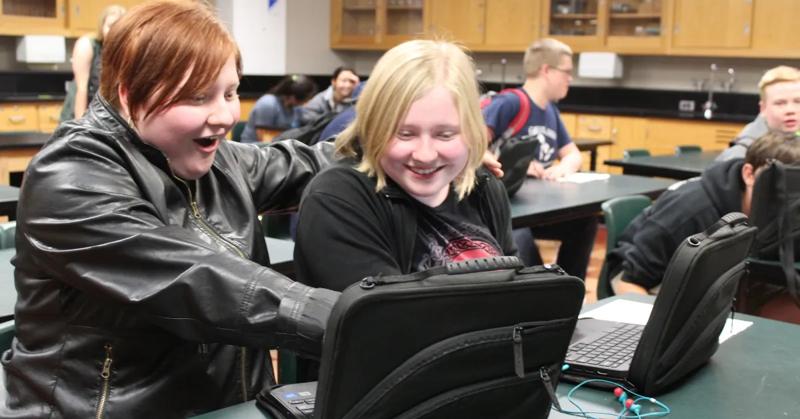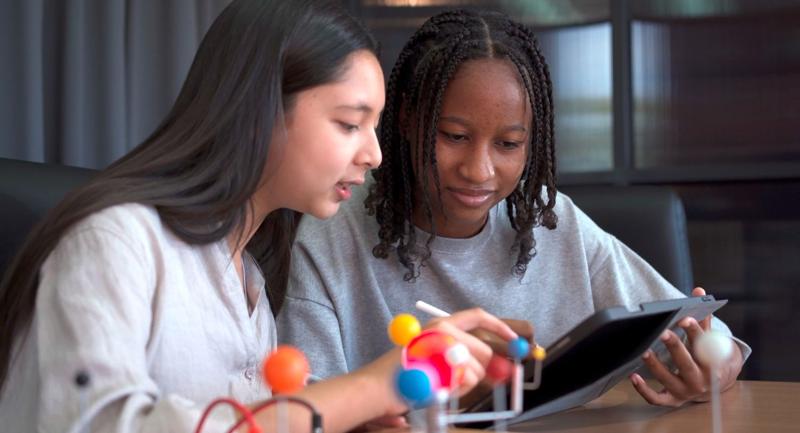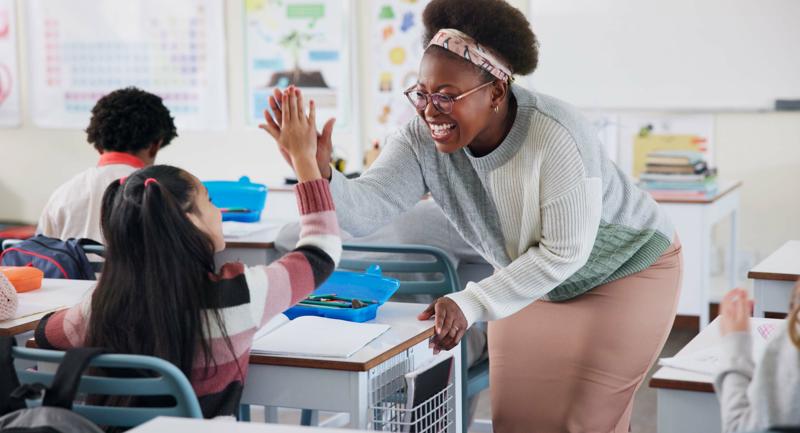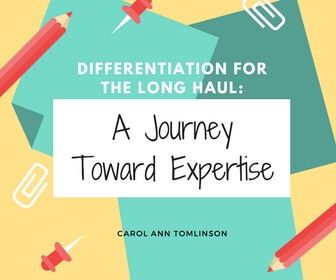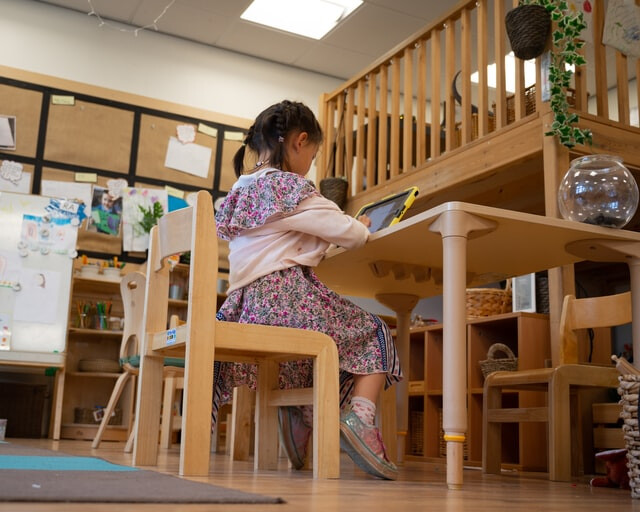Below is a compilation of resources to assist districts and schools affected by debilitating hurricanes and other natural disasters. Schools may be closed for days, weeks, and months as communities deal with the aftermath of natural disasters and catastrophic events. Your support goes a long way in helping educators as they begin to help students deal with trauma following natural disasters.
ASCD Books
Keeping Students Safe Every Day: How to Prepare for and Respond to School Violence, Natural Disasters, and Other Hazards by Amy Klinger and Amanda Klinger
School safety experts Amy Klinger and Amanda Klinger provide school leaders with the specific information they need to prepare for and effectively respond to natural disasters, accidents, or violent events.
Teaching to Strengths: Supporting Students Living with Trauma, Violence, and Chronic Stress by Debbie Zacarian, Lourdes Alvarez-Ortiz, and Judie Haynes
This book outlines a comprehensive, collaborative approach to teaching students living with trauma, violence, and chronic stress that focuses on students’ strengths and resiliency.
Fostering Resilient Learners: Strategies for Creating a Trauma-Sensitive Classroom by Kristin Souers with Pete Hall
This essential resource explores how trauma disrupts learning and explains how to create a safe space where all students can learn at high levels. The free chapter “Understanding Trauma and the Prevalence of the Not-OK” from the book explains what trauma is and how it can affect students in the classroom and throughout their lives.
The Formative Five: Fostering Grit, Empathy, and Other Success Skills Every Student Needs by Thomas R. Hoerr
Ensuring that students are compassionate to those in need is as important as making sure they remain strong in the face of adversity. Learn how educators can foster five skills all students need: empathy, self-control, integrity, embracing diversity, and grit.
Educational Leadership®Magazine
This issue examines what can be done to give students the strength, effort, and knowledge to persist in the face of difficulty and adversity.
Building strong relationships with students is imperative to help foster resiliency in the face of trauma. In this issue, the authors look at how strong relationships are built and why they are so important for the continuing success of all learners.
This issue serves as a reminder that students come to school with all kinds of emotions—emotions that affect how and what they learn. How educators respond to students’ emotions and emotional behaviors can have lifelong effects—on students’ academic growth, on the way they see themselves as people, and on the well-being of all the other students.
ASCD Newsletter Articles
“Responding to Student Trauma” by Glenn Cook
More than 46 million children in the United States are affected by trauma each year. In this article from Education Update, learn how to identify the signs of trauma and break the silence that can surround students’ suffering.
“Compassion Fatigue: The Silent Thief in Our Schools” by Cheri Brown Sizemore
In the wake of any disaster, it’s important for teachers to take care of themselves, too. An awareness of the symptoms of compassion fatigue and its negative effects on teachers and students can lead to positive change, personal transformation, and a new resiliency. This article is from ASCD Express.
“Handling Disaster Takes a Team Approach” by John Wilcox
More than 200,000 Alabama, Louisiana, and Mississippi children were displaced by Hurricane Katrina and resulting flooding. Learn how to build a preparedness team to help schools and districts can get back to learning after a crisis. This article is from Education Update.
ASCD Webinars and Other Resources
Debbie Zacarian, Lourdes Alvarez-Ortiz, and Judie Haynes focus on the assets they bring and how to create a strengths-based classroom learning environment that extends to families and communities.
Kristen Souers and Pete Hall discuss how to care for yourself, recharge when you need it most, and be on your A-game for your valuable and vulnerable students.
Download the set of safe indicators to ensure each student learns in an environment that is physically and emotionally safe.
Resources Beyond ASCD
These additional resources will take you off of the ASCD website.
The Department of Education is working with other federal agencies to ensure the continuation of critical services to students, families, and educators and the restoration of the learning environment.
School counselors are critical members of the trauma-response team in every school. Learn how to respond when a major traumatic event happens in your school. Utilizing specific scenarios, walk through the difficult situations and the myriad things members of a trauma-response team must consider and do under stressful and often chaotic circumstances.
A resource for parents and children called After the Storm: A Guide to Help Children Cope with the Psychological Effects of a Hurricane (PDF) is available at no charge from 7-Dippity, a Miami-based publishing firm. This guide was developed in cooperation with Annette La Greca, professor of psychology and pediatrics at the University of Miami, who helped establish the American Psychological Association’s Task Force on Children’s Psychological Responses to Disasters.
The NCTSN compiled a list of resources to help students, parents, and community members deal with trauma after a hurricane or other natural disaster. This website contains tips and tools for teachers and parents to help children cope.
The NCSCB provides a list of eight actions (PDF) educators can take now to help support children affected by hurricanes.
Share My Lesson provides curated materials and lesson plans to guide teachers through the process of helping students cope with and recover from disasters and other traumatic events.
The CVTC has developed numerous resources for parents and professionals about helping children and families affected by catastrophic events and is frequently called upon to consult with agencies and communities in the aftermath of acts of terror and natural disaster.
The Resources for Responding to and Coping with Hurricane-Related Events web page provides a variety of resources for teachers, parents, and schools receiving survivors into their school systems.
Colorin Colorado, a bilingual site for educators and families of English language learners, gathered a list of resources aimed at providing guidance to families and schools on offering support after natural disasters. This list includes resources in Spanish and other languages.
The ASCA compiled a list of useful articles and links to help educators and students in the wake of trauma.
Donation Websites
These organizations are also focused on helping educators and students.
